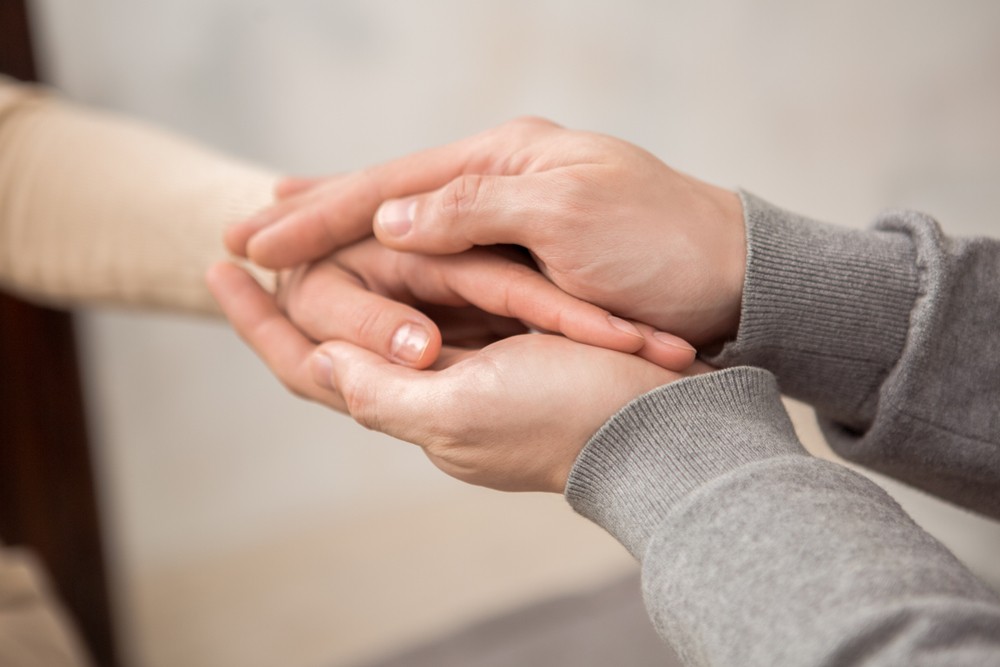Popular Reads
Top Results
Can't find what you're looking for?
View all search resultsPopular Reads
Top Results
Can't find what you're looking for?
View all search resultsCOVID-19: Jakartans volunteer to help patients in isolation cope with distress
Dozens of Jakartans have volunteered to give COVID-19 patients and those suspected of having the disease the emotional support they need.
Change text size
Gift Premium Articles
to Anyone
D
ozens of Jakartans have volunteered to become social companions for COVID-19 patients and those suspected of having the disease in the capital city, joining an initiative to ensure that those confined to isolation receive the emotional support they need.
The initiative, launched by volunteer group Jakarta Maju Bersama (Jakarta Moving Forward Together), seeks to connect volunteers with patients -- both at hospitals and in self-isolation at their homes -- through a special app that will allow them to communicate via text messages and video calls.
The suspected patients include people under surveillance (ODP) as well as patients under treatment (PDP) -- the government's official classification used to differentiate people according to the symptoms they present and their travel history.
The initiative was expected to help relieve stress and frustration among those who need support to get by during their quarantine, said the volunteer group's head, Usamah Abdul Aziz.
Once the initiative starts, each volunteer will be assigned to one patient, whom they will talk to on a regular basis. Through the conversation, the volunteers also expect to check on the condition of the patients.
The gesture would prove vital to the patients’ mental well-being, as many had expressed frustration over the tremendous pressure that comes with their diagnosis, Usamah said.
“[The patients] feel as though they are facing death. As a matter of fact, stress can significantly [weaken the immune system],” he said.
"We need to give them our constant support and accurate information, and we need to cheer them up to strengthen their mental well-being, so as to make their condition improve."
The group will collaborate with a number of doctors who will be on standby to provide support and assistance for the volunteers.
“We’ve also teamed up with a psychology expert who has put together a module [for the initiative],” Usamah said as quoted by news agency Antara.
The registration of volunteers as well as patients who want to join the initiative began on Tuesday and will end on Thursday.
"Around 150 volunteers have signed up so far,” he said, adding that only a few patients had decided to join, but the group would keep looking for those in need.
Jakarta, the province hardest hit by coronavirus in the country, has recorded 2,474 positive cases with 242 deaths linked to COVID-19 – accounting for nearly half of the country's tally of 5,136 confirmed cases and 469 fatalities as of Wednesday.
More than 3,000 people in the capital are people under surveillance (ODP) -- those generally described to have traveled to virus-hit regions or having been in contact with positive cases, but do not show any symptoms -- while some 2,465 people are patients under treatment (PDP) -- those who have symptoms typical of COVID-19 and are in medical care but still need their status confirmed through a test.
The ongoing public health emergency caused by the rapid spread of the novel coronavirus has given birth to stigmatization of individuals considered to be carriers in their communities, resulting in prejudice and a state of paranoia.
The World Health Organization has issued a strong warning over such stigmatization.
"Stigma, to be honest, is more dangerous than the virus itself. Let's really underline that. Stigma is the most dangerous enemy," WHO chief Tedros Adhanom Ghebreyesus told a news briefing in Geneva in early March, Reuters reported. (rfa)










